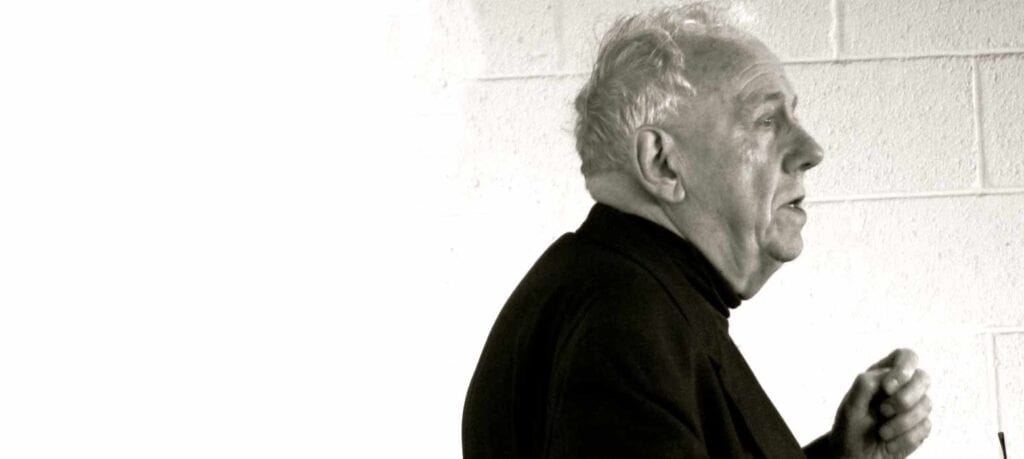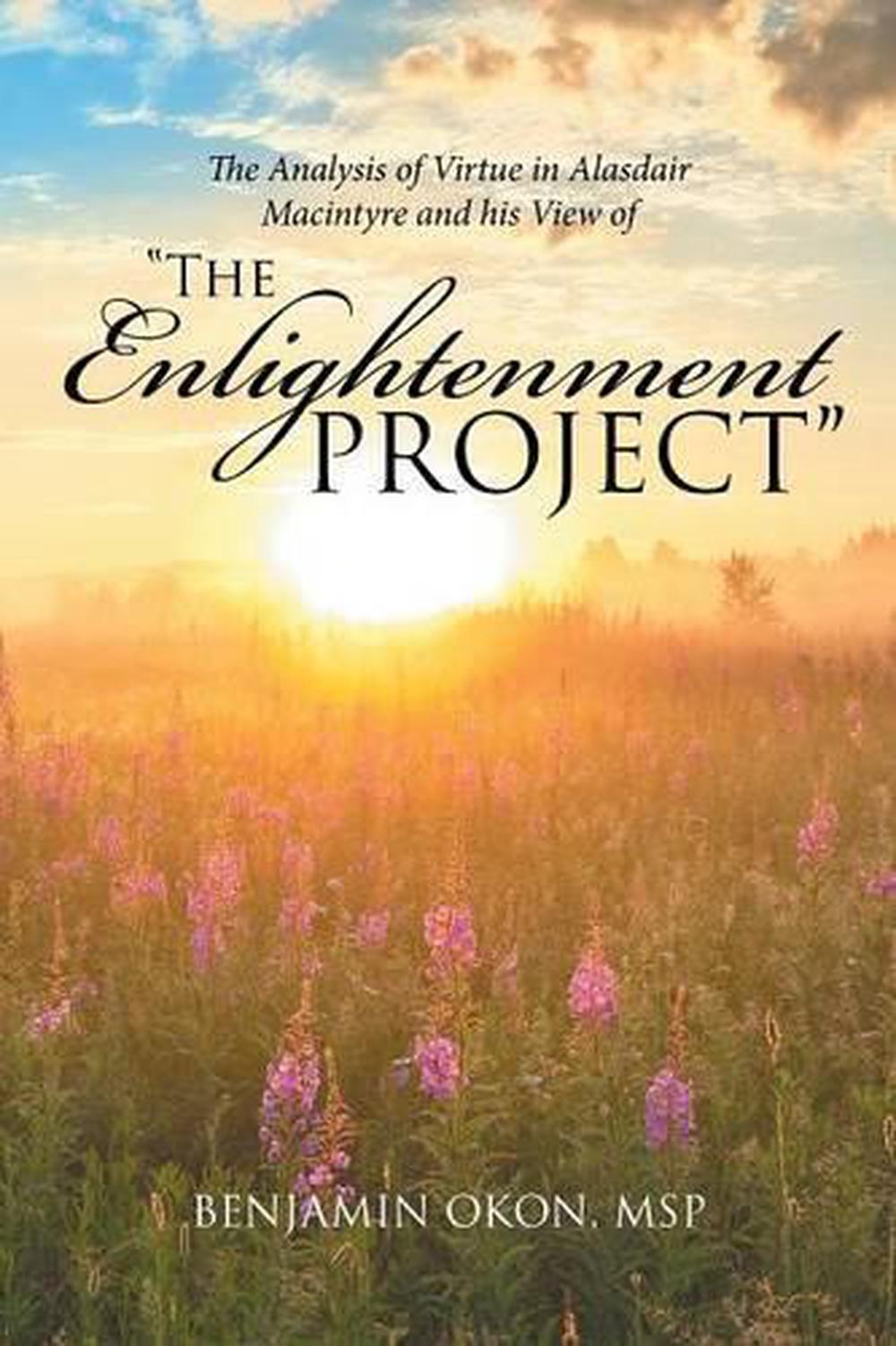

Turn the result of "socially embodied traditions of rational inquiry". Although MacIntyre's treatment of traditions is quite complex he does give a relatively concise definition: "A tradition is an argument extended through time in which certainįundamental agreements are defined and redefined" in terms of both internal and external debates.

These competing forms of practical rationality and their attendant ideas of justice are in

MacIntyre argues that rival and largely incompatible conceptions of justice are the outcome of rival and largely incompatible forms of practical rationality. MacIntyre's second major work of his mature period takes up the problem of giving an account of philosophical rationality within the context of his notion of "traditions," which had still remained under-theorized in After Virtue. MacIntyre's philippic articulatesĪ politics of self-defence for local communities who aspire to protect their traditional way of life from the corrosive capitalist free market. In general terms, the task of After Virtue is to account both for the dysfunction of modern moral discourse in modern society and to rehabilitate the alternative of teleological rationality in Aristotelian virtue ethics. Of science and epistemology, MacIntyre was inspired to change the entire direction of his thought, tearing up the manuscript he had been working on and deciding to view the problems of modern moral and political philosophy "notįrom the standpoint of liberal modernity, but instead from the standpoint of… Aristotelian moral and political practice". Had been conducted in a "piecemeal way, focusing first on this problem and then on that, in a mode characteristic of much analytic philosophy". However, after reading the works of Thomas Kuhn and Imre Lakatos on philosophy Up to then, MacIntyre had been a relatively influential analytic philosopher of Marxist bent whose moral inquiries Probably his most widely read work, After Virtue was written when MacIntyre was already in his fifties.


 0 kommentar(er)
0 kommentar(er)
